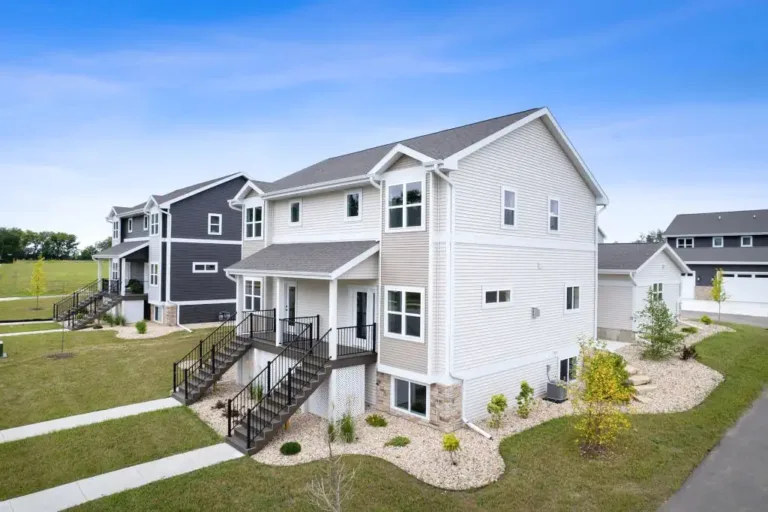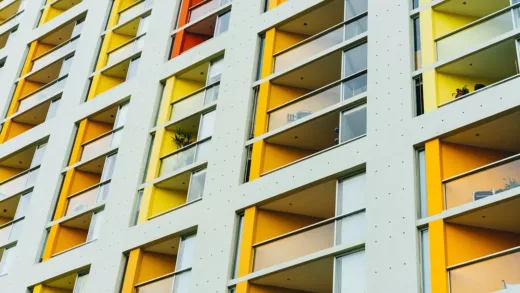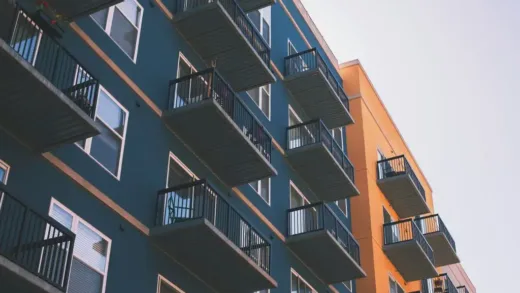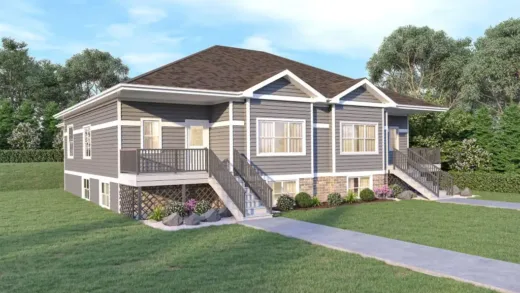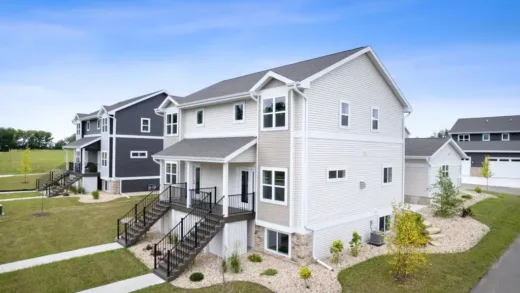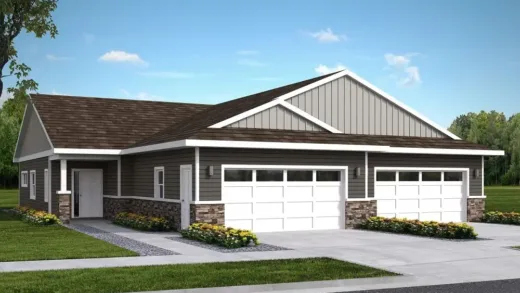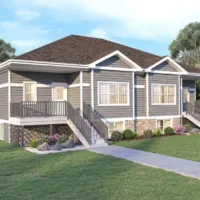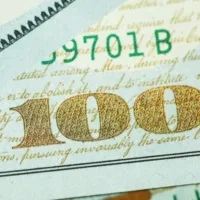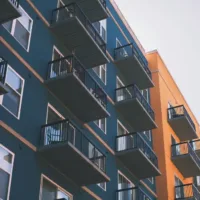Owning a condominium can be an excellent choice for those seeking a blend of community living and personal space. However, maintaining and repairing your condo requires diligence and understanding of both your unit and the broader shared property.
This guide provides practical advice on maintaining and repairing your condo, including handling common issues, deciding when to call a professional, and knowing when to involve your Homeowners Association (HOA).
Contents
Understanding Condo Maintenance Responsibilities
Condominium ownership typically comes with specific maintenance responsibilities divided between the unit owner and the HOA. Generally, the HOA manages the upkeep of shared areas, such as the building exterior, roof, landscaping, and amenities. In contrast, unit owners are usually responsible for the maintenance and repairs inside their individual units.
Common Condo Maintenance Issues
Plumbing Problems
- Leaky Faucets and Pipes: Leaks can lead to water damage and mold growth. Address minor leaks promptly by tightening fittings or replacing washers. For significant leaks or pipe bursts, shut off the water supply immediately and call a professional.
- Clogged Drains: Regularly clean drain traps and use a drain screen to prevent clogs. For persistent issues, a plumber may need to clear the blockage using specialized tools.
Electrical Issues
- Flickering Lights and Outlets: Flickering lights may indicate a loose bulb or a problem with the fixture. For outlets, ensure they are not overloaded. If issues persist, an electrician should inspect the wiring.
- Circuit Breaker Trips: Frequent tripping may signal an overloaded circuit or a wiring problem. Check for overloaded appliances and consult an electrician if the problem continues.
HVAC Maintenance
Heating and Cooling: Regularly replace air filters to ensure efficient operation. Schedule annual maintenance for your HVAC system to check for refrigerant levels, clean components, and ensure overall functionality.
Water Damage and Mold
- Signs of Water Damage: Stains on ceilings or walls often indicate leaks or moisture issues. Address water damage immediately to prevent mold growth. If mold is present, it’s crucial to clean it properly and address the source of moisture.
Interior Repairs
- Drywall and Paint: Small holes and cracks in drywall can be patched with spackle. Larger damage may require professional repair and repainting to match existing finishes.
- Flooring: For issues with flooring, such as loose tiles or squeaky floorboards, assess the problem and decide if it requires professional repair or can be fixed with DIY methods.
Appliance Maintenance
Routine Cleaning and Inspection: Regularly clean and inspect appliances like refrigerators, dishwashers, and washers. Address any issues like unusual noises or inefficient operation promptly.
When to Call a Professional
- Complex Plumbing and Electrical Problems: For significant plumbing or electrical issues, always hire a licensed professional. Attempting to fix complex problems without the necessary expertise can lead to more damage or safety hazards.
- Structural Repairs: Repairs involving the structural integrity of your condo, such as significant drywall damage or issues with load-bearing walls, should be handled by professionals.
- Major HVAC Issues: If your HVAC system is not functioning correctly, particularly if it’s not heating or cooling efficiently, consult an HVAC technician to diagnose and repair the problem.
- Mold Remediation: If mold is extensive or in hidden areas (like inside walls or under flooring), professional mold remediation services should be sought to ensure thorough removal and prevention of future growth.
Involving Your HOA
- Shared Areas and Amenities: If the issue pertains to shared spaces or amenities, such as hallways, elevators, or recreational areas, notify the HOA. They are responsible for maintaining these areas and addressing any related problems.
- Building-Wide Issues: For issues affecting the entire building or multiple units, such as roof leaks or significant water damage, the HOA should be involved. They will coordinate with contractors and manage the repairs.
- Disputes and Policy Issues: If you encounter a dispute or have questions about maintenance policies, contact your HOA. They can provide clarification on responsibility and ensure adherence to community guidelines.
- Emergency Situations: In emergency situations, such as a fire or severe water leak affecting common areas, notify the HOA immediately. They will need to take swift action to address the problem and coordinate with emergency services.
Maintaining Good Communication with Your HOA
- Regular Updates: Keep open communication with your HOA, especially regarding ongoing issues or maintenance requests. Regular updates can help prevent misunderstandings and ensure that problems are addressed promptly.
- Understanding HOA Rules and Procedures: Familiarize yourself with your HOA’s rules and procedures related to maintenance and repairs. Knowing what is expected can help you navigate the process more effectively.
- Documenting Issues: Document any maintenance or repair issues with photographs and written descriptions. This can be helpful when discussing problems with your HOA or when seeking professional repairs.
Preventive Maintenance Tips
- Regular Inspections: Conduct routine inspections of your condo, including plumbing, electrical systems, and appliances. Early detection of issues can prevent more significant problems and costly repairs.
- Seasonal Maintenance: Perform seasonal maintenance tasks, such as cleaning gutters, checking for drafts, and servicing your HVAC system. These tasks can help prevent issues from arising and keep your condo in good condition.
- Protecting Your Investment: Invest in quality materials and workmanship for repairs and upgrades. Well-maintained components will last longer and contribute to the overall value of your condo.
Conclusion
Maintaining and repairing a condo involves a combination of routine upkeep, timely repairs, and effective communication with both professionals and your HOA. By understanding your responsibilities, knowing when to seek professional help, and engaging with your HOA as needed, you can ensure your condo remains a comfortable and well-maintained home. Regular maintenance and prompt attention to issues will not only enhance your living experience but also protect the value of your investment.
By following these guidelines, you can manage the challenges of condo ownership with confidence and keep your unit in top shape for years to come.
